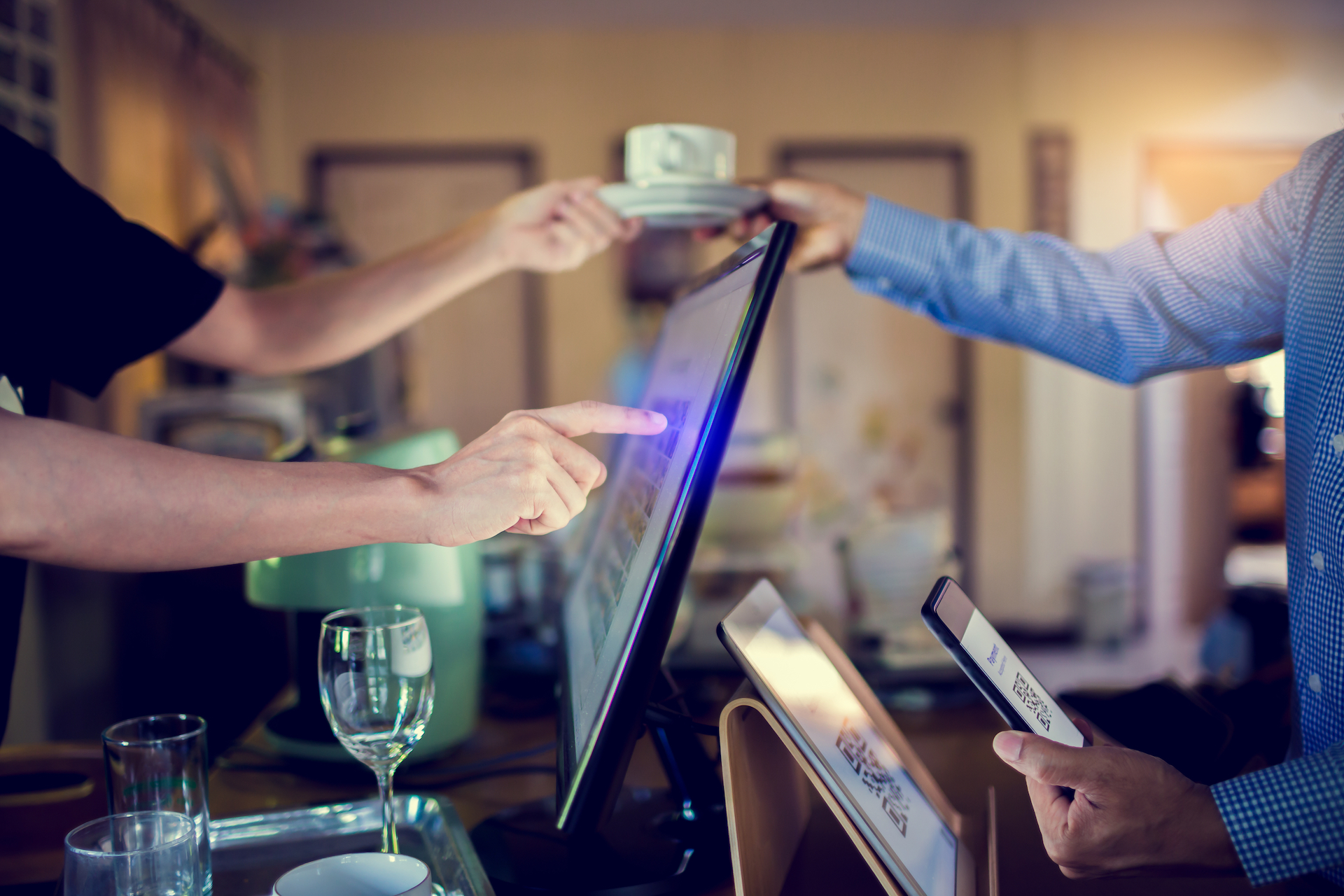Digital transformation has become one of those buzz phrases that is often talked about but getting to the root of what it really means for a hospitality business is never truly delved into.
People’s understanding or difference in perception of what it means to have digitally transformed affects how a business can move forward with their digital strategy.
Simply integrating delivery partners into a restaurant’s operations doesn’t define digital transformation and nor does adding a click and collect service to the offering.
Digital transformation is the process of using digital technologies to create or adapt existing processes to meet changes within the business and/or external market. It improves the flexibility and agility of a business to meet those changes whilst driving operational efficiencies into the heart of everything it does whilst creating transparency.
With the sector still making a post pandemic recovery, the hospitality industry has had to adopt many digitally transforming methods but there is still a long way to go.
Pre-pandemic, some of the larger hospitality businesses were in a better place to build on what they’ve already invested in, whereas the smaller networks of restaurants and coffee shops were starting from scratch and unable to fully get to grips with digitally transforming to meet this era of rapidly changing consumer demand and behaviour.
This has created a patchy and fragmented picture where many business’ digital strategies are starting to stagnate.
So, what does it take to truly digitally transform a hospitality business?


Effectively Manage an Omni Channel Strategy
Have an Efficient Kitchen Management System
A kitchen management system manages tickets accurately and with precision, so efficiency is maximised and there’s no disparity between the seamless ordering process that customers go through and the delivery of their orders.
In an expanding hospitality business or one with multiple sites, integrating stock management into your centralised system is a necessity. Automating inventory control, the adjustment of stock controls and accurate reporting are all vital ways in which technology can play its part in optimising the operations.
Having electronic ordering, stock counts and stock movements with recipes by sales channel controls inventory, keeps costs down, ensures customer demand can be met and has the flexibility to scale up or scale down according to business performance.
Understand where the wastage is coming from. To get the root cause of where this waste lies then you need to establish where it is occurring and where that wastage comes from.
Integrating inventory control into your centralised technology platform gives you complete transparency over the entire process. You can see where these types of variances occur and gives you the data to make better decisions when it comes to ordering stock, designing menus and reducing food waste.
Track the cash from the point of sale all the way to the bank. Once revenue management is integrated into a centralised system, there’s control of cash and tips and all revenue that has been collected by 3rd party sales channels, loyalty and gift cards.
This eliminates revenue losses so every bit of it is accounted for. A business can see where specific campaigns have been successful and for example if a sales channel has launched a trial product, the success of this product can be fully analysed.
Have the Data
Data is often spoken about in general terms but when you can drill down to the specifics, that’s when the magic happens.
Once you start analysing individual store performance, top selling products, sales performance across the hour, day or week, a clear picture emerges. You can see what you can do better and what you can build on to achieve growth targets and desired success.
Individual platforms generate their own data, but the consolidation of those platforms allows for easy access to reports meaning that decisions are based on actual figures and events rather than speculation about the reasons behind a dip in sales.
Investing in technology allows you to shape your business around what your customers need now and what they’ll want in the future. Technology allows a business to keep on the tracks but just veer off in a different direction if it needs to and this is vital in the ever changing nature of the hospitality sector.
Centegra Plus brings all the different technology platforms into one consolidated solution.
We automate, integrate and consolidate your digital strategy with all the operational support you need to ensure it’s working for the business you are in.
Contact us for a no obligation chat and a demo to see how it all works.